The Local Road Research Board publishes a wide range of transportation-related educational materials. Our most recent and popular guidebooks, manuals and courses are available below. For all research reports, go here.
Contact our staff at research.dot@state.mn.us for more information.
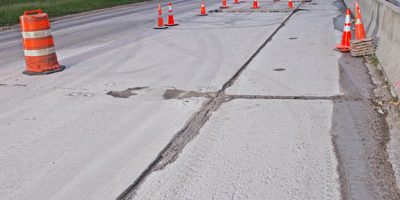
Workshop: Concrete Pavement Preservation for Local Streets and Roads
This November 2019 LTAP workshop covered all aspects of rehabilitation for concrete pavements, concrete curb and gutter, and median sidewalk pavement.
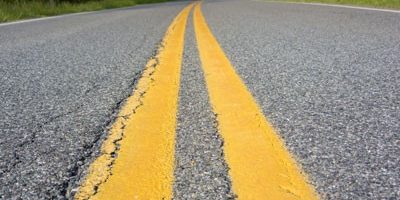
Workshop: Extending Pavement Life through Pavement Preservation Techniques, Strategies, and Preventative Maintenance
A new LRRB-sponsored workshop will provide an overview of the available technology and tools that make implementing a pavement preservation program feasible.
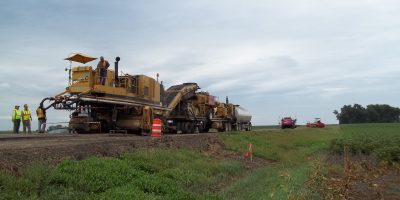
Alternate Design Methods to Renew Lightly Traveled Paved Roads
Researchers showed that cold in-place recycling and full-depth reclamation with chip seals are often more cost-effective than full pavement reconstruction of rural asphalt roads. Check out the research report for other cost-effective alternatives.
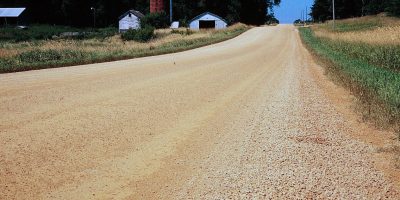
Webinar: Converting Severely Distressed Paved Roads to Engineered Unpaved Roads
The Local Road Research Board hosted “A Guide to Successfully Convert Severely Distressed Paved Roads to Engineered Unpaved Roads” on Oct. 29, 2019 from 10 – 11:30 a.m.
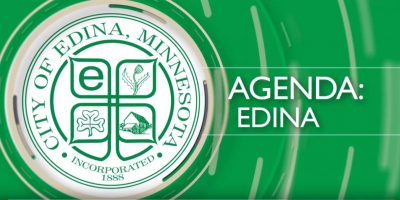
LRRB Featured on Edina TV
The LRRB was featured on Edina TV on Sept. 16, 2019. The City of Edina’s Engineering staff is testing a new irrigation system in hopes of finding a more efficient and cost-effective way of replacing grass and vegetation following a road reconstruction project.
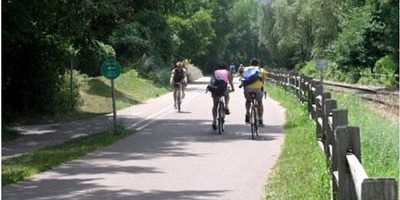
Training Course: Corridor Management and Maintenance of Paved Recreational Trails
The LRRB recently funded an update to a popular workshop on corridor management for paved trails. The workshop focuses primarily on the management and maintenance of the trail pavement but also includes other elements such as vegetation, drainage, signing/striping, lighting and amenities.
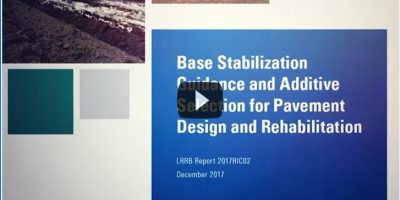
Video: Base Stabilization Guidance and Additive Selection for Pavement Design and Rehab
This brief video highlights the topics covered in the LRRB’s guidebook, including Steps for Successful Base Stabilization, How to Choose the Right Additive, and Research on Why Base Stabilization Works.
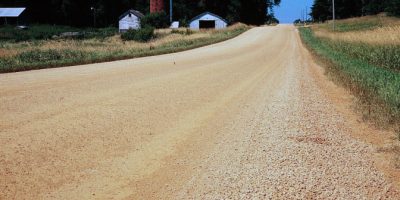
Gravel Road Management Tool
A new spreadsheet tool was designed to help local agencies manage their gravel roads. It can be used to track maintenance and construction data, as well as to track costs and optimize spending.
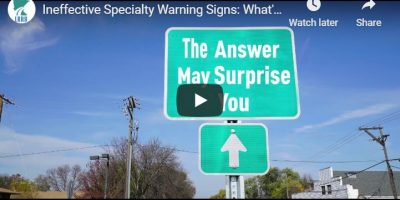
Video: Ineffective Specialty Warning Signs: What’s the Harm?
Which specialty warning signs are necessary and effective, and which do more harm than good? The answer may surprise you.
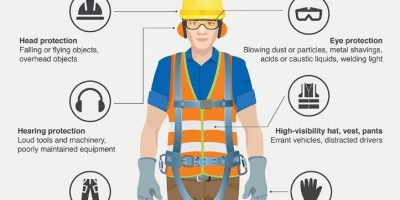
Personal Protection Equipment Poster & Website
A technical resources website, with posters, fact-sheets and online resources, has been developed for the LRRB by the Minnesota LTAP program.
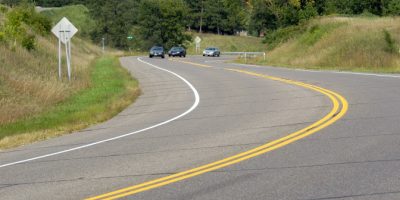
Tool for Prioritizing Pavement Markings on Low-Volume Roads
This spreadsheet-based decision-making tool will help local agencies establish effective maintenance practices to preserve pavement markings on low-traffic volume roads.
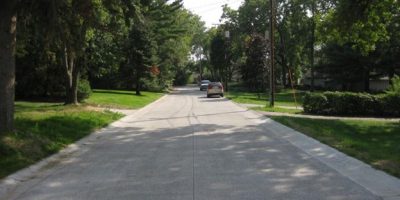
Pervious Concrete A Success for Lakeside Neighborhood
Recent research shows that the city of Shoreview was on the right path in 2009 when it took the then-unusual step of installing pervious concrete pavement on the streets of the Woodbridge neighborhood to help control stormwater and pollutant runoff into nearby Lake Owasso.
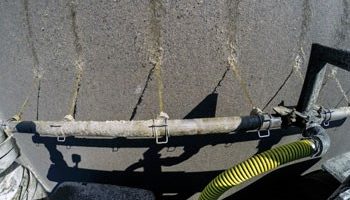
Carver County Evaluates Pickle Brine for Ice Control
Carver County staff received a grant through the Local OPERA Program to help purchase a brine-making system and support further research into the viability of using pickle brine in winter maintenance operations.
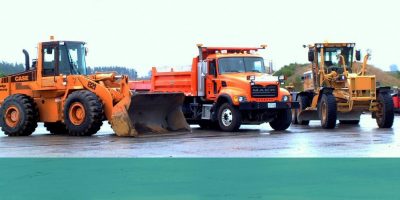
Fleet Management Tools for Local Agencies
This guidebook compares the eight most widely used fleet management software tools by Minnesota agencies. It also contains a survey of agencies’ fleet practices and replacement cycles.
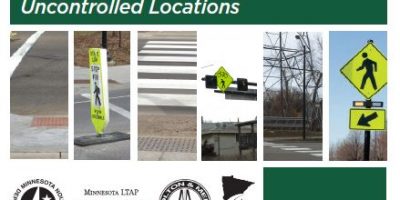
Pedestrian Crossings: Uncontrolled Locations
This guidebook recommends when to install marked crosswalks and other enhancements at uncontrolled locations based on a number of factors, including the average daily vehicle count, number of pedestrians, number of lanes, and average vehicle speed.
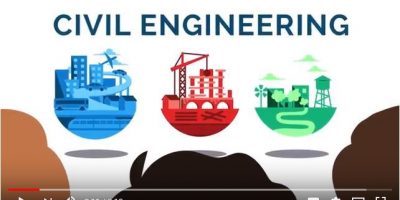
New Video, Website Invite Kids to Explore World of Civil Engineering
Students can learn more about the field of civil engineering and how to become an engineer in a new video and website produced by the Local Road Research Board.
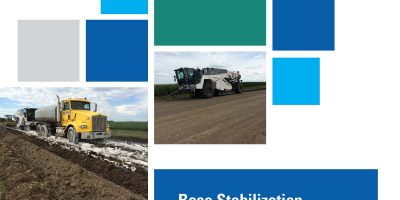
Base Stabilization Guidance and Additive Selection for Pavement Design and Rehabilitation
New guidebook available on base stabilization for new construction and Stabilized Full Depth Reclamation (SFDR) and the selection of suitable nonproprietary stabilization additives for individual specific projects.
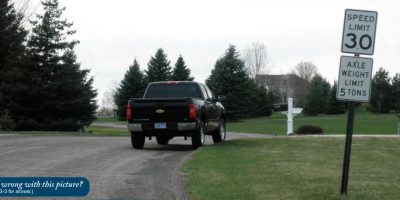
Traffic Sign Maintenance/Management Handbook
The handbook is intended to guide local governments about recommended sign maintenance methods that will help them meet FHWA’s adopted retroreflectivity performance measures and implementation deadlines.
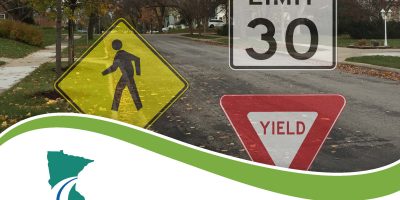
Addressing Citizen Requests For Traffic Safety Concerns
A new guidebook provides a best practice approach to addressing citizen requests for common traffic safety concerns.
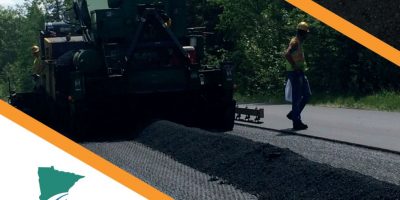
Synopsis of Recycled Asphalt Pavement (RAP) Material
The documents here provide users who are new to Recycled Asphalt Pavements (RAP) with Minnesota’s specifications, the findings from RAP use surveys in MN and nationwide, national trends, and resources to learn more.